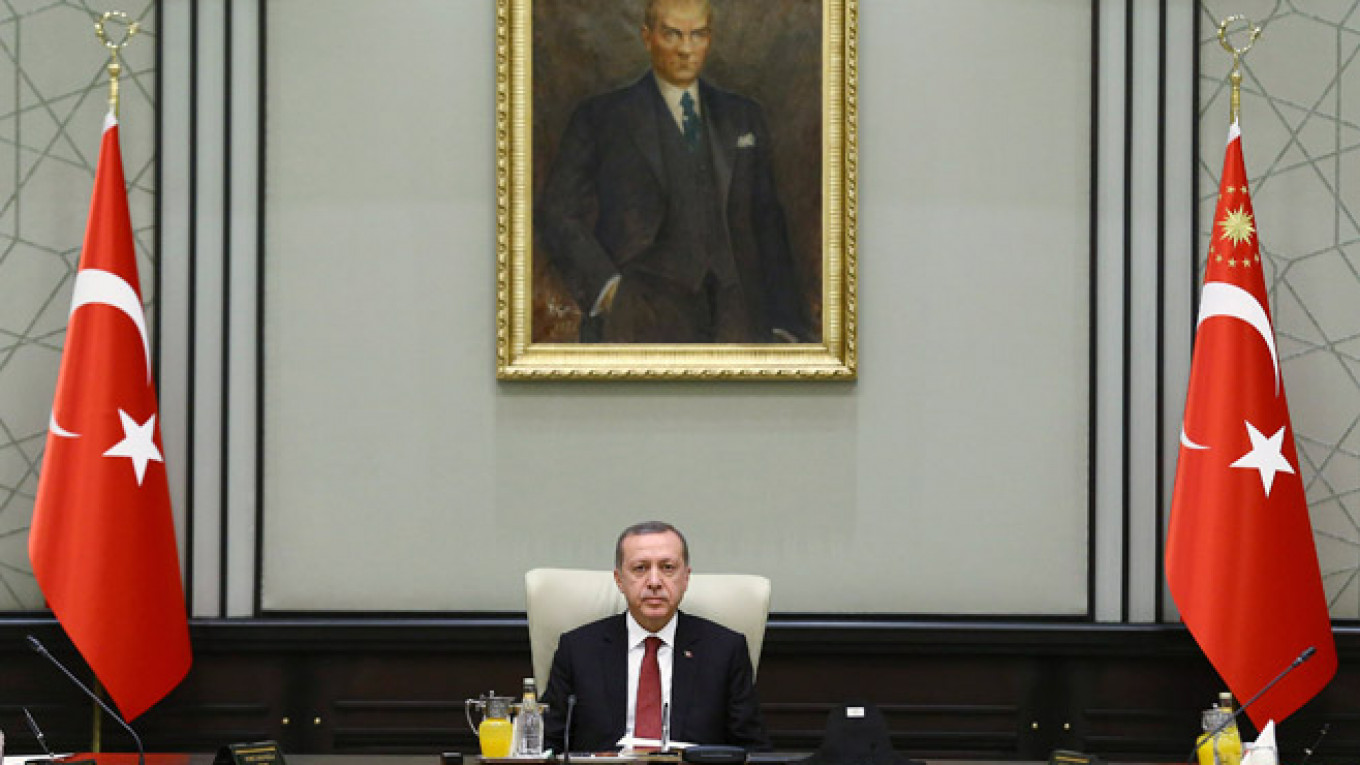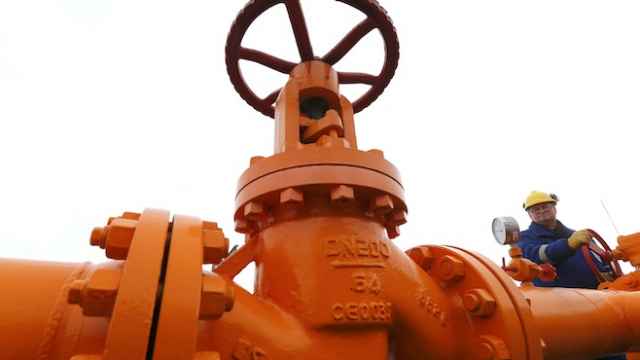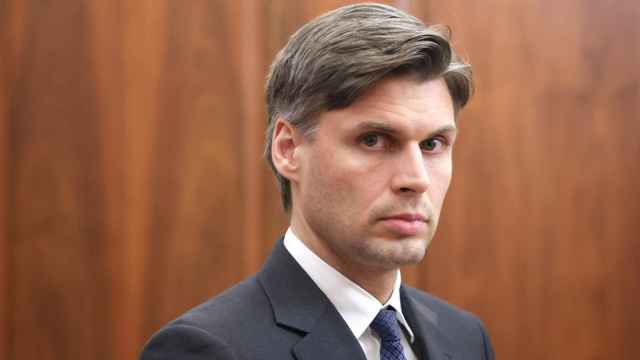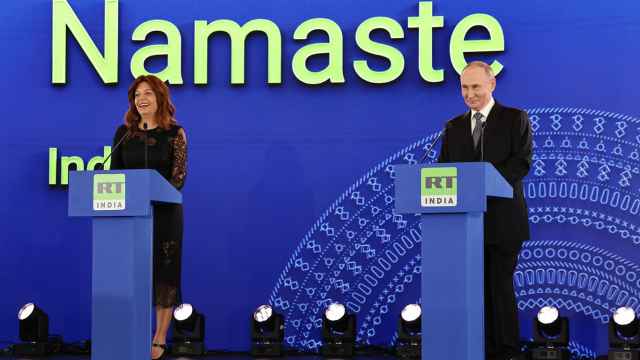ANKARA — Turkish concern about too much dependence on Russian energy and an upcoming election mean Russia's plans for a new gas pipeline to southeastern Europe are unlikely to advance as quickly as Moscow might like, Turkish energy officials said Wednesday.
Facing objections from the European Union, Russia in December abandoned its $40 billion South Stream project, which would have passed under the Black Sea to Bulgaria and carry up to 63 billion cubic meters (bcm) of gas annually to Europe.
Instead, Russian gas exporter Gazprom said in January it planned to build an undersea gas pipeline with the same capacity to an as-yet unbuilt hub on the Turkish-Greek border by the end of 2016.
But officials in Ankara said that timeframe for the project, known informally as Turkish Stream, was unrealistic.
"The issue is not Turkish Stream alone, this is a whole package for Turkey's energy needs. We need to be a little bit patient," Energy Minister Taner Yildiz said.
Turkey is already heavily dependent on Russia for natural gas. Last year it bought 27.33 bcm of gas through the Blue Stream and West-East pipelines from Russia, equivalent to more than half of its gas imports.
Russian state nuclear company Rosatom is also building Turkey's first nuclear power plant.
"Russia is very keen but it's very likely that [Turkish Stream] will be delayed to at least 2017," one industry executive said, highlighting lengthy environmental approvals, especially ahead of a June general election.
A second government official said negotiations over the import price for Russian gas were also a factor. Turkey secured a 10.25 percent discount in late February but wants more.
By 2017, Turkey's gas demand is expected to outstrip current contracted import volumes. Supplies from northern Iraq, one alternative, will not come on line before 2018, leaving Ankara little choice but to buy more from Russia.
There are also political concerns.
One Western diplomat in Ankara said the wrangling over Turkish Stream was more about a tussle between Brussels and Moscow over maintaining influence over Turkey.
"People are realizing more and more that Russia is a lost cause and that we need to find more allies to the east and south. Turkey is number one," the diplomat said. "Russia is drawing Turkey into its orbit, and if it's not stopped now, then it may be too late."
A Message from The Moscow Times:
Dear readers,
We are facing unprecedented challenges. Russia's Prosecutor General's Office has designated The Moscow Times as an "undesirable" organization, criminalizing our work and putting our staff at risk of prosecution. This follows our earlier unjust labeling as a "foreign agent."
These actions are direct attempts to silence independent journalism in Russia. The authorities claim our work "discredits the decisions of the Russian leadership." We see things differently: we strive to provide accurate, unbiased reporting on Russia.
We, the journalists of The Moscow Times, refuse to be silenced. But to continue our work, we need your help.
Your support, no matter how small, makes a world of difference. If you can, please support us monthly starting from just $2. It's quick to set up, and every contribution makes a significant impact.
By supporting The Moscow Times, you're defending open, independent journalism in the face of repression. Thank you for standing with us.
Remind me later.






